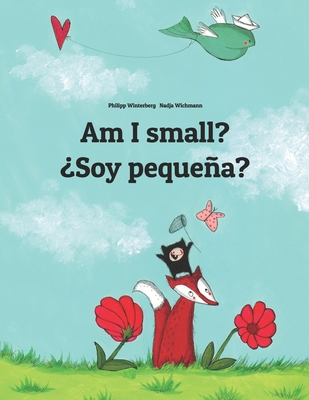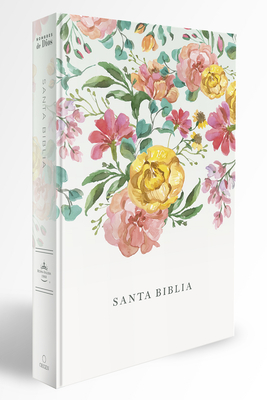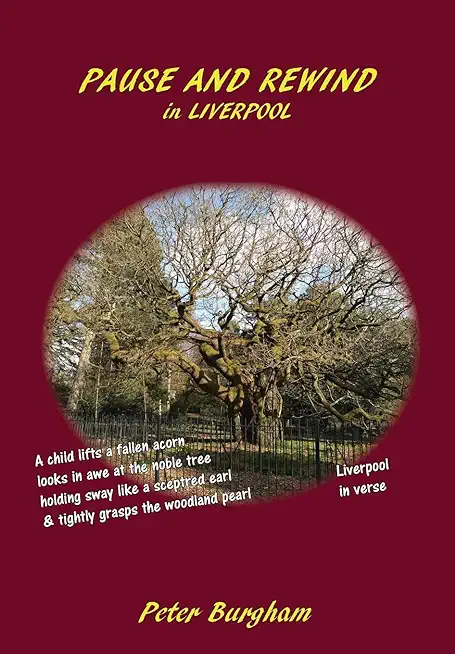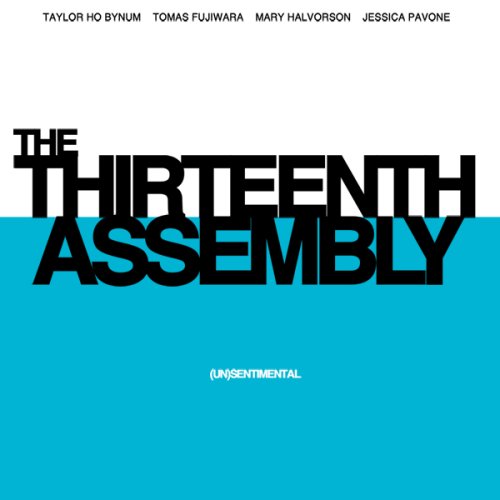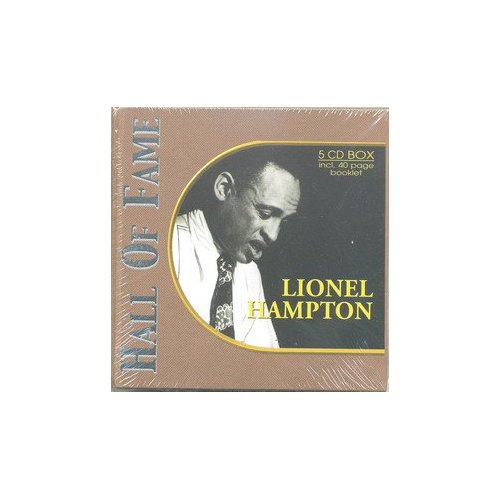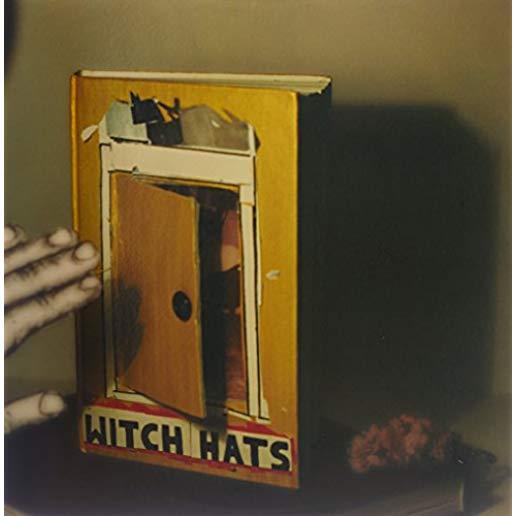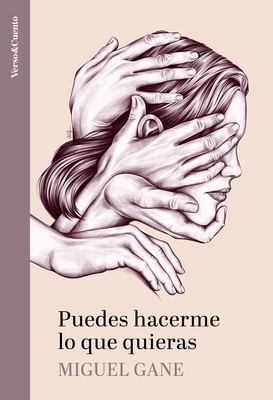
description
s leÃdos de su generación, reflexiona sobre las personas que poseen nuestro corazón, sobre cómo, a través del amor, nos ponemos en manos de otros hasta tal punto de que quien te cura también te acaba hiriendo.
En el año 1974, la artista serbia Marina Abramovi# colocó alrededor de su cuerpo setenta y dos objetos divididos en dos categorÃas: objetos de placer y objetos de dolor. Luego invitó al público a que los usase sobre su cuerpo, transformándose, de esta manera, en otro objeto más. El fin era observar el comportamiento humano ante la indefensión. Cuentan que Abramovi# estuvo a punto de perder la vida. Al fin y al cabo, lo fácil siempre fue hacer daño. Al fin y al cabo, lo difÃcil siempre es amar. Decir puedes hacerme lo que quieras es una invitación al daño, pero también es un gesto de confianza ciega, es decir, de entrega. Con el hilo conductor de aquella puesta en escena, Miguel Gane, uno de los poetas más leÃdos de su generación, reflexiona sobre las personas que poseen nuestro corazón, sobre cómo, a través del amor, nos ponemos en manos de otros hasta tal punto de que quien te cura también te acaba hiriendo. ENGLISH DESCRIPTION Miguel Gane, one of the most widely read poets of his generation, reflects on the people who own our hearts and how, through love, we give others the power to hurt us even as they make us whole.
In 1974, Serbian performance artist Marina Abramovic surrounded herself with seventy-two objects, divided into two categories: pleasure and pain. She invited her audience to use them on her body, thereby transforming it into just one more object. Her goal was to observe how humans behaved when faced with defenselessness. By the end of the performance, it is said Abramovic's very life was in danger. Ultimately, inflicting pain was the easy part. The hardest thing is always love. To say "do what you want with me" is an invitation to pain, but also a gesture of blind trust, of submission. Using Abramovic's performance as his reference point, Miguel Gane, one of the best-known poets of his generation, reflects on the people who own our hearts and how, through love, we give others the power to hurt us even as they make us whole.
En el año 1974, la artista serbia Marina Abramovi# colocó alrededor de su cuerpo setenta y dos objetos divididos en dos categorÃas: objetos de placer y objetos de dolor. Luego invitó al público a que los usase sobre su cuerpo, transformándose, de esta manera, en otro objeto más. El fin era observar el comportamiento humano ante la indefensión. Cuentan que Abramovi# estuvo a punto de perder la vida. Al fin y al cabo, lo fácil siempre fue hacer daño. Al fin y al cabo, lo difÃcil siempre es amar. Decir puedes hacerme lo que quieras es una invitación al daño, pero también es un gesto de confianza ciega, es decir, de entrega. Con el hilo conductor de aquella puesta en escena, Miguel Gane, uno de los poetas más leÃdos de su generación, reflexiona sobre las personas que poseen nuestro corazón, sobre cómo, a través del amor, nos ponemos en manos de otros hasta tal punto de que quien te cura también te acaba hiriendo. ENGLISH DESCRIPTION Miguel Gane, one of the most widely read poets of his generation, reflects on the people who own our hearts and how, through love, we give others the power to hurt us even as they make us whole.
In 1974, Serbian performance artist Marina Abramovic surrounded herself with seventy-two objects, divided into two categories: pleasure and pain. She invited her audience to use them on her body, thereby transforming it into just one more object. Her goal was to observe how humans behaved when faced with defenselessness. By the end of the performance, it is said Abramovic's very life was in danger. Ultimately, inflicting pain was the easy part. The hardest thing is always love. To say "do what you want with me" is an invitation to pain, but also a gesture of blind trust, of submission. Using Abramovic's performance as his reference point, Miguel Gane, one of the best-known poets of his generation, reflects on the people who own our hearts and how, through love, we give others the power to hurt us even as they make us whole.
member goods
No member items were found under this heading.
Return Policy
All sales are final
Shipping
No special shipping considerations available.
Shipping fees determined at checkout.
